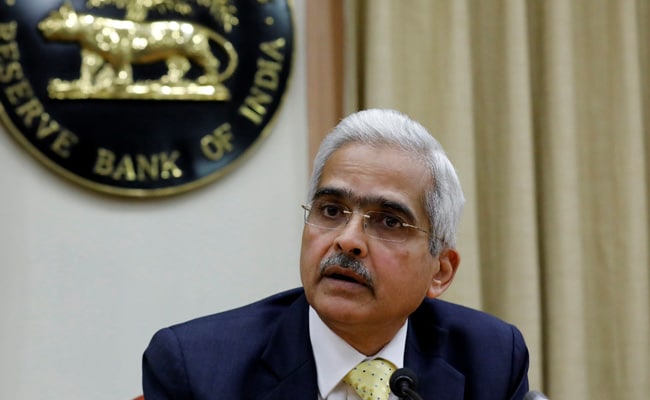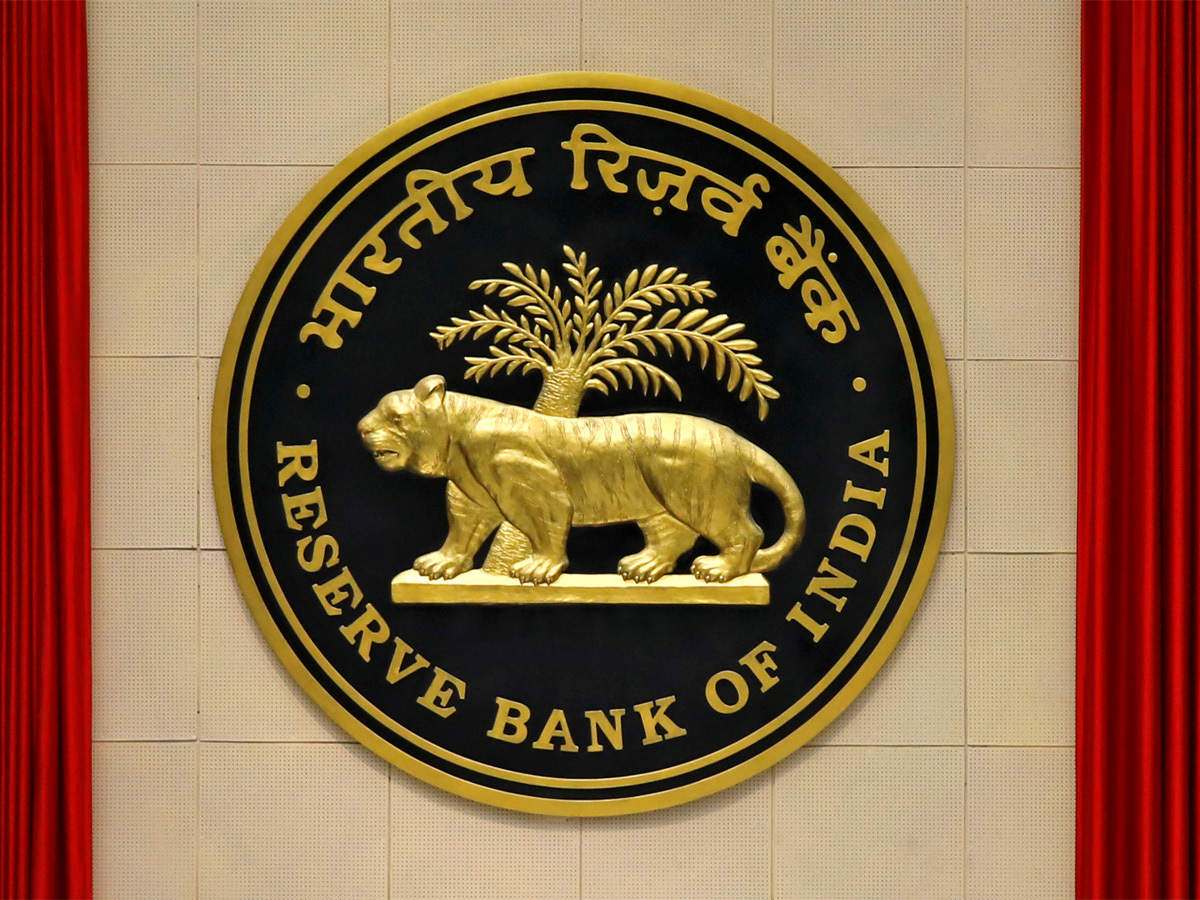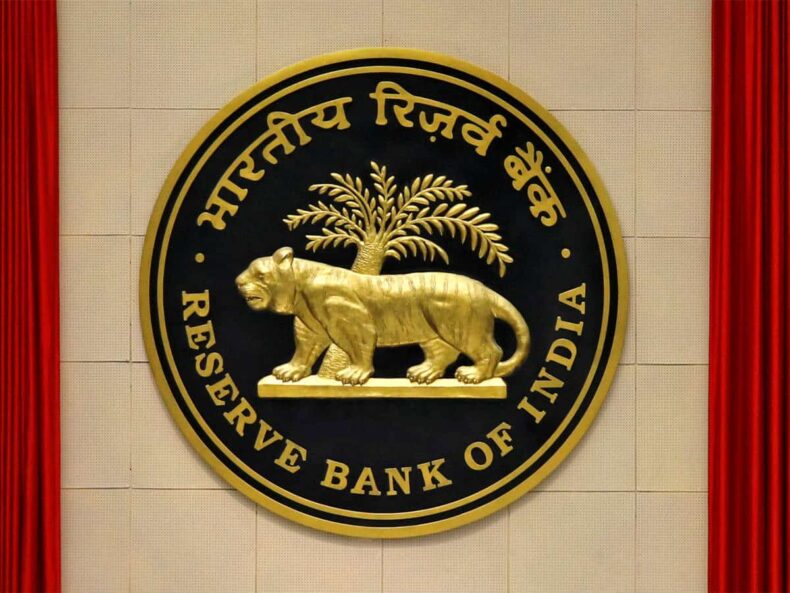Shaktikanta Das, governor of the Reserve Bank of India (RBI), has issued a warning to banks against any accumulation of asset-liability mismatches, stating that both are harmful to financial stability and that they may have contributed to the ongoing crisis in the US banking system.
The Governor was quick to recognise and guarantee that the domestic financial system is robust and that the worst of the inflation is behind us while delivering the annual KP Hormis (Federal Bank founder) memorial speech on Friday in Kochi.

RBI chief Shaktikanta Das (Image source: NDTVProfit)
Table of Contents
Asset-liability mismatch-
Asset-liability mismatch is a term used to describe a situation where a financial institution’s assets do not match its liabilities. In other words, it is a situation where the bank’s funding sources (liabilities) and its investments (assets) are not in sync. This can result in a liquidity crisis for the bank, as it may not have enough liquid assets to cover its liabilities in the short term.
One common example of asset-liability mismatch is when a bank borrows money from depositors and lends it out long-term to borrowers. If the bank’s depositors suddenly demand their money back, the bank may not have enough liquid assets to meet those obligations, resulting in a liquidity crisis.
Asset-liability mismatch can be managed by financial institutions through proper liquidity management, including maintaining sufficient liquid assets to cover liabilities and diversifying funding sources to reduce reliance on short-term funding. The Reserve Bank of India (RBI) has been urging banks to be vigilant in managing their asset-liability mismatch to avoid financial crises.
US banking crisis-
Regarding the US banking crisis, where two mid-sized banks (Silicon Valley Bank and First Republic Bank) each had balance sheets worth over USD 200 billion last week, RBI governor said that the crisis’ persistence highlights the need for strict regulations that prioritise sustainable growth rather than an excessive buildup on either the asset side or the liability side. The bankruptcy of Silicon Valley Bank and Signature Bank in the US casts doubt on the security of the money held in deposits worldwide.
Problems that banks can face if there is a asset-liability mismatch-
This warning comes as a result of concerns that banks may be taking on too much risk in their lending practices, and may not have the necessary liquidity to meet their obligations in the event of a crisis.
According to Das, banks must be vigilant in managing their asset-liability mismatch, as it could lead to significant financial losses in the long run. He also stated that banks should be more proactive in their approach to liquidity management, and should ensure that they have enough liquid assets to cover their obligations.
The governor’s warning comes at a time when Indian banks are facing increasing pressure from the government to improve their lending practices and ensure that they are not taking on excessive risk. The RBI has also been pushing for greater transparency and accountability in the banking sector, in order to prevent a repeat of the 2018 Punjab National Bank fraud.

Image source: The Economic Times
Overall, it is clear that the RBI is taking a proactive approach to managing risk in the banking sector, and is working to ensure that banks are able to weather any potential financial crises. Banks would do well to take note of the governor’s warning and take steps to manage their asset-liability mismatch more effectively.













